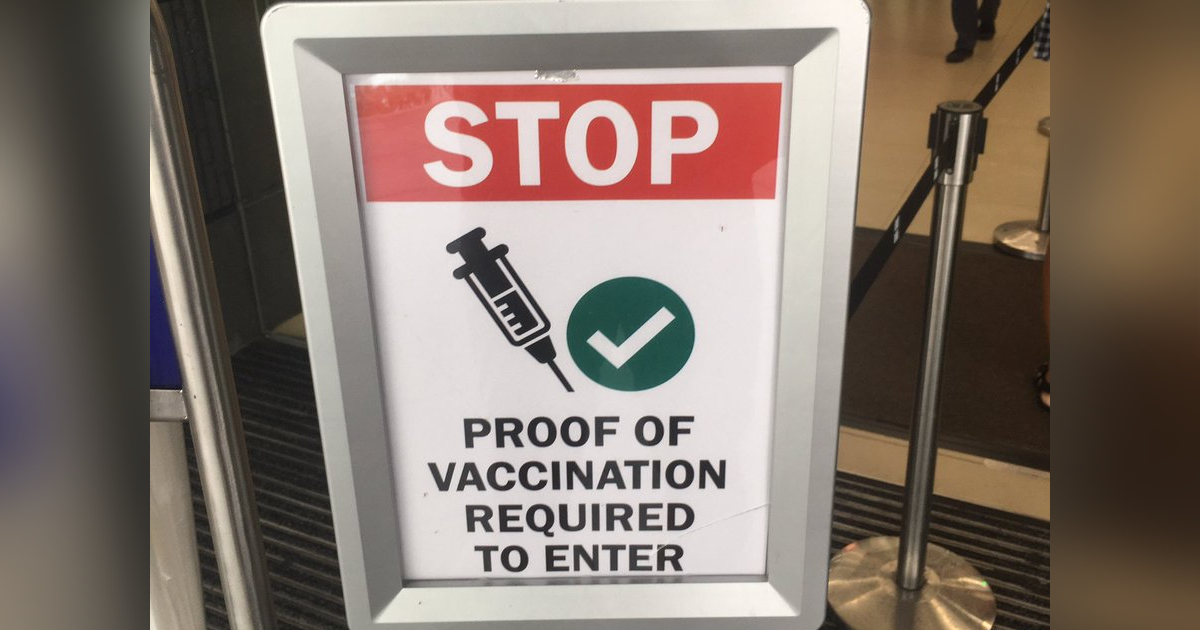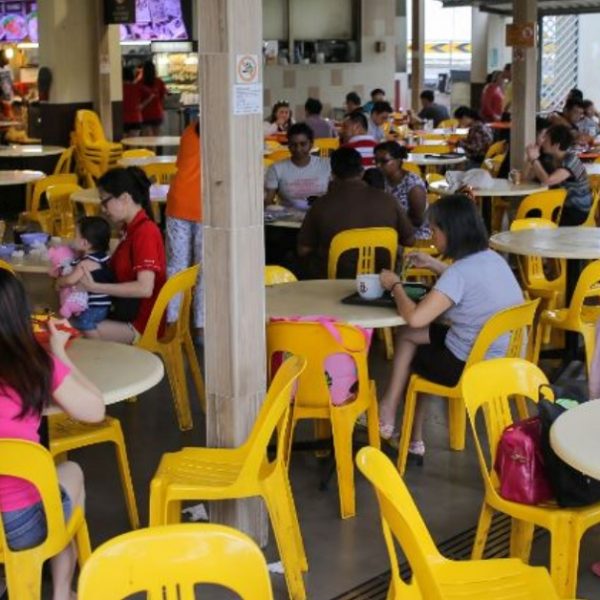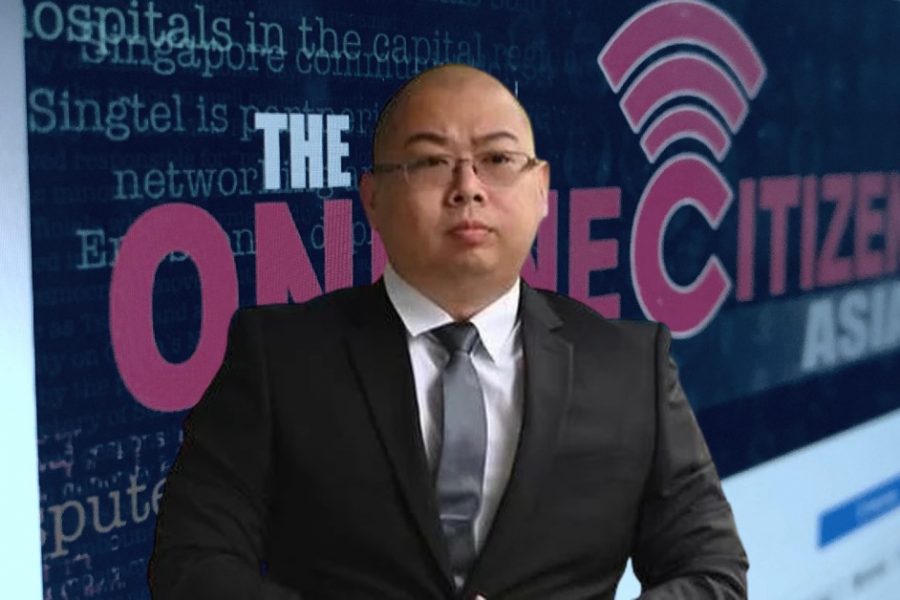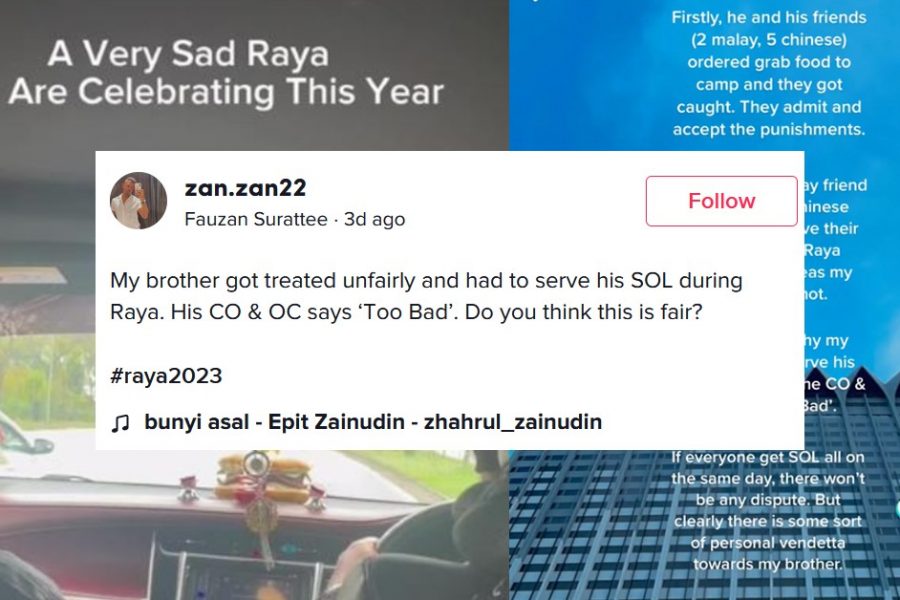The new restriction measures announced on 9 October 2021 targeting the unvaccinated were drastic and intrusive, making it oppressive for those who have valid or personal reasons not to be vaccinated.

Restrictions Against Unvaccinated “Oppressive, Drastic and Intrusive” – Leong Mun Wai
Following the announcement of new measures barring the unvaccinated from entering shopping malls and eating in hawker centres and coffeshops from 13 Oct, many unvaccinated as well as vaccinated people have voiced their unhappiness and shock at the drastic measures.
Non-constituency Member of Parliament Leong Mun Wai from the Progress Singapore Party spoke up on the issue of the vaccine passport on his Facebook post titled “Vaccination Discrimination is Illogical and Wrong”.
He shared that although he and his family are vaccinated, he is “strongly against ‘segregation”’ based on one’s vaccination status”. The choice to vaccinate is a personal one and individuals should not be coerced into taking the vaccine. He wrote that the latest measures was the last straw for him:
Vaccination Discrimination is Illogical and Wrong
I am not anti-vax. My family and I were vaccinated during the early days of Singapore’s vaccination programme. However, I am strongly against “segregation” based on one’s vaccination status. Let’s call a spade a spade! This progressive discrimination meted out by the Singapore authorities is getting more and more out of hand, in spite of the groundswell of opposition.
While there were questionable policies this Government embarked on during the 20-month Covid-19 saga, I have given it the benefit of doubt because it is not easy to make all the right decisions in a crisis. However, the latest measures by the MTF to differentiate the vaccinated from the unvaccinated in a discriminatory and most unfair way was the last straw for me.
He penned 4 key points in his arguments against the measures:
1. Vaccination is a personal choice
Firstly, every citizen has the constitutional right to make his/her own decision to get vaccinated or not. The option to vaccinate has to be a personal choice, and must not be coerced nor should it deprive the individual of privileges and cause duress to daily life should one refuse it. However new restriction measures announced on 9 October 2021 targeting the unvaccinated were drastic and intrusive, making it oppressive for those who have valid or personal reasons not to be vaccinated.
2. Better ways to address resource constraint
Second, the Government may have again fallen prey to the “constraint of resource trap” when the focus should primarily be the welfare of her citizens. The message conveyed is that they want to protect the vulnerable unvaccinated senior citizen from serious illness and hospitalization, but the other not so obvious implicit reason is they fear the hospital capacity will be overwhelmed.
This potentially vulnerable group consists of about 85,000 senior citizens, already down significantly from about 200,000 in August. They include the economically disadvantaged, destitute and those who cannot have the vaccine due to medical reasons.
A better strategy would be to educate and persuade them to be vaccinated, while empowering them to take care of their own health. We should take this opportunity to improve their living conditions, with proper nutrition including vitamins to improve their immunity against viral infection. Undoubtedly more resources need to be allocated to this cause.
A reason for their venturing outdoors is loneliness and boredom, thus more social workers and volunteers are needed to engage with them. We can also plan their outdoor forays with some pre-determined route to keep them safe. Confining them to their homes will only lead to a deterioration of their physical and mental state.
3. Economic Losses
Third, the discriminatory measures are questionable, even unfair to Singaporeans between 13 and 59 years old (we shall call them the D-group) who have opted not to be vaccinated as a personal choice. This D-group numbers about 400,000 to 500,000 but the number of Singaporeans under restriction may exceed a million including the vaccinated family members.
The economic benefits of not discriminating against the D-group are substantial and some of these benefits can be used to improve the living and welfare conditions of the protected group described above, to enable a better economic outcome from the new ‘Living with Covid’ strategy.
4. Discrimination may extend to booster shots
Fourth, there is uncertainty whether this discrimination will be extended to those who do not wish to take the third jab, fourth jab and so on in future. The effectiveness of the vaccine has been shown to decline over time, and more booster jabs may be required. We cannot fault the people if they start to doubt and reject the booster jabs. The Government should review its overall Covid strategy and not be totally dependent on vaccination.
Finally, Leong Mun Wai warned of a divided society:
In conclusion, I think that differentiation or discrimination measures are not consistent with the objectives of our change in strategy from ‘Zero Covid’ to ‘Living with Covid’. The measures may not improve the public health situation but will reduce the economic benefits of the new strategy drastically. At the same time, the measures will create a society divided between the 85% of our people living with Covid and 15% living in confinement.
As Singaporeans we should be inclusive and discrimination of any kind must not be tolerated.
Singaporeans deserve better.




